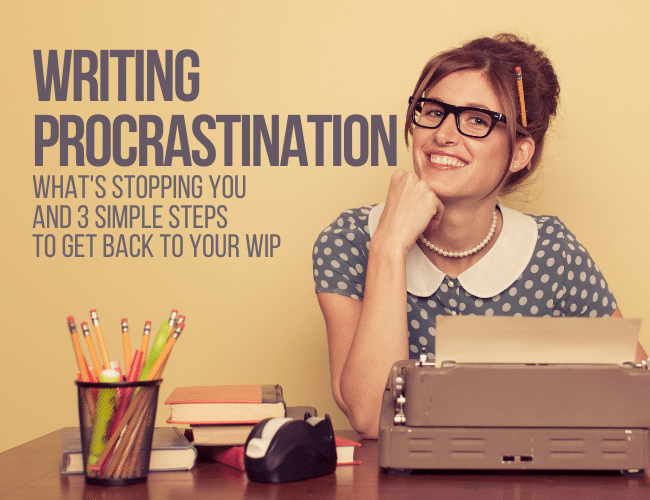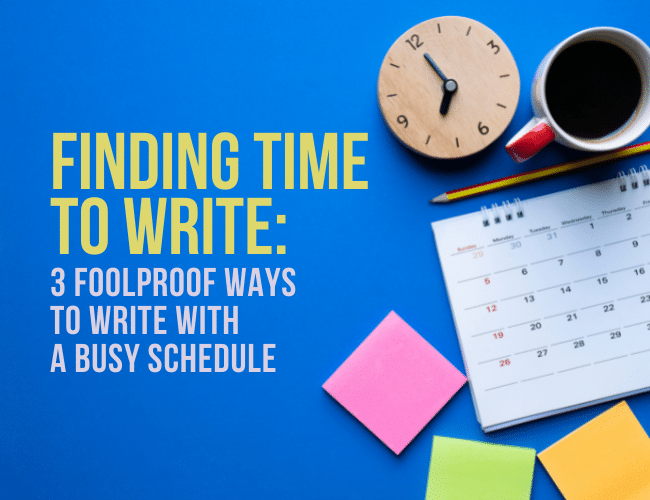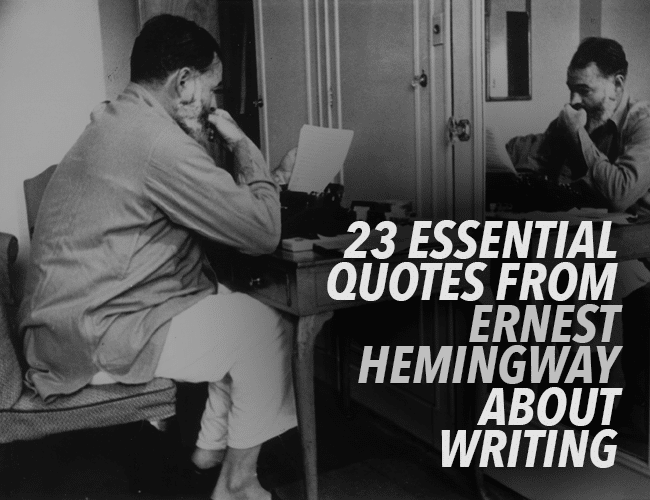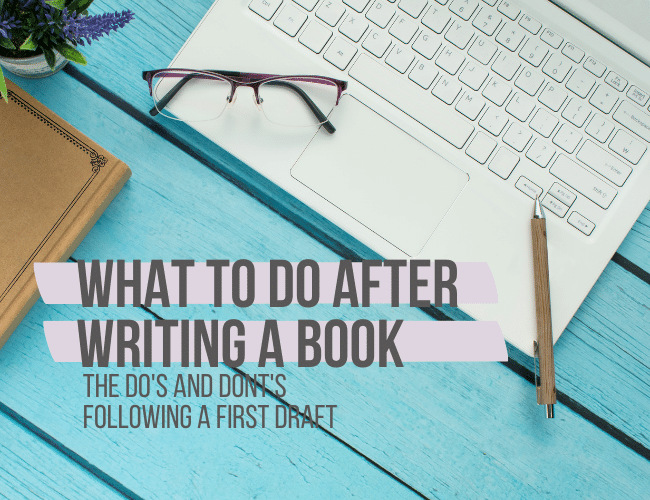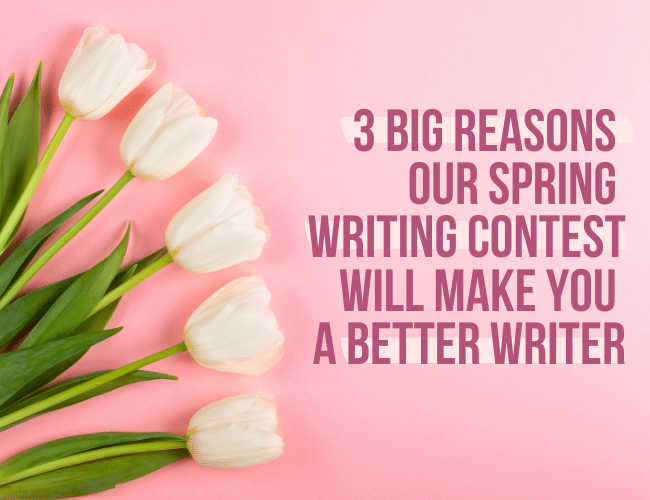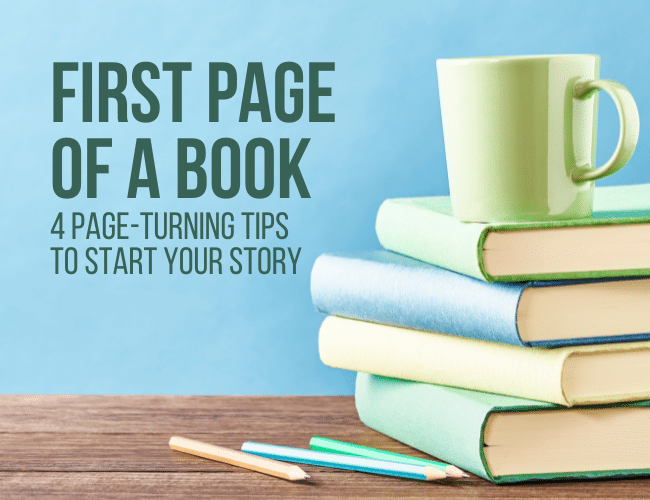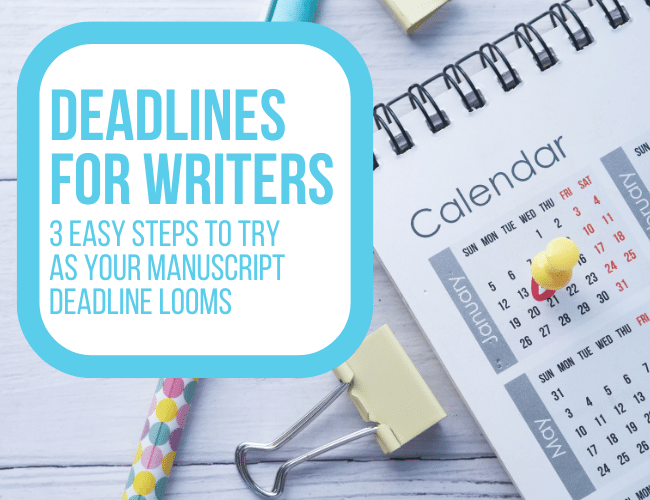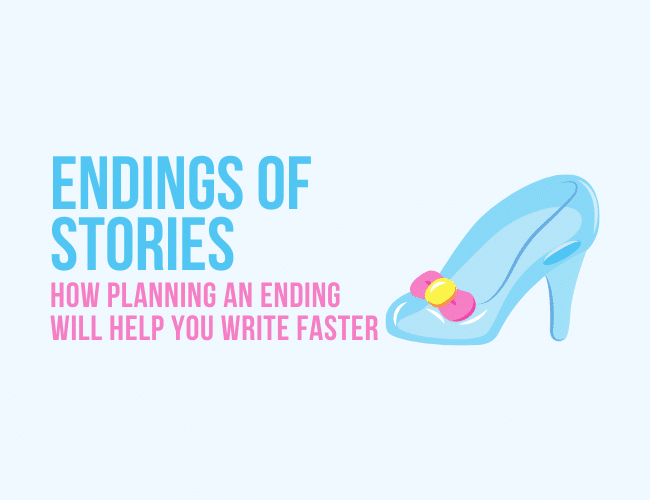Every writer deals with procrastination. It’s one of our key traits. We put off the next chapter, the next article, and wait until our deadline is just a few days away. Then we frantically type away at the keyboard, hoping that we have enough time to edit it before it’s too late.
But why do we procrastinate?
